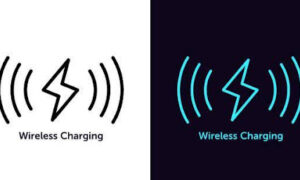Electric vehicles (EVs) are growing in demand at unprecedented pace, and the penetration will increase considerably in the coming years globally. With the rise in sales, the need for a reliable, energy-efficient, and cost-effective charging infrastructure will become more and more crucial for all—including vehicle owners, automakers, and battery manufacturers. The aspect has spurred operators of charging infrastructure to deploy smart, data-driven systems. These systems advance the scope of sustainable energy management systems.
Benefits galore: ranging from the flexibility to integrate that with renewable energy sources to optimizing the energy usage at various levels by reducing the energy leaks. Cloud-based energy management system has created a new avenue in the smart EV charger market.
Cloud-based Systems in Smart EV Charger Market to Pave Way to Sustainable Energy Management Systems
One of the major propositions for the demand for cloud-based systems for smart EV charging is the allure of harvesting real-time data. The framework weaves through charging points, events, and the charging stations.
Request For PDF Brochure of this report:
https://www.transparencymarketresearch.com/sample/sample.php?flag=B&rep_id=67052
Over the years, smart EV charging service providers have grown rapidly in numbers in various key smart EV charger markets. Their offerings end up tagging the right customer—the vehicle owner—to the right charging station, and eventually to an attractive pricing point. The ecosystem tellingly is a win-win situation for all—particularly the owners of the vehicle and the station. In all of these, algorithms sit at the top of the system. This has kicked off new projects led by some prominent engineering and technology companies to develop new approaches, thus expanding the potential in the smart EV charger market.
In developed nations, the increased awareness has led to surge in use of smart charging platforms. The benefits of the automated systems attract EV owners and drivers to gravitate toward smart charging system, extending the revenue potential for players in the smart EV charger market. Furthermore, they are more sustainable, thanks to the optimal use of the power grid such an infrastructure promotes. Additionally, it promises preventing any peaks in power demand in local power grids.



































